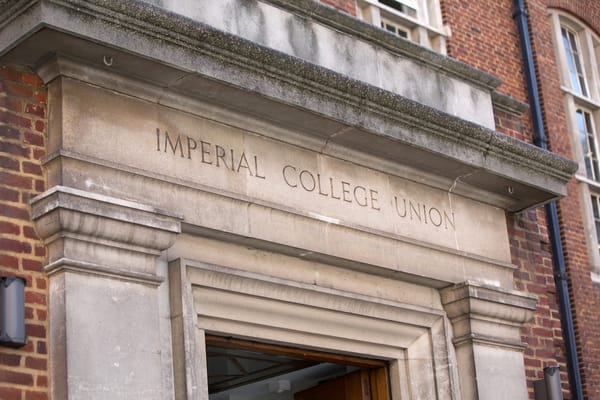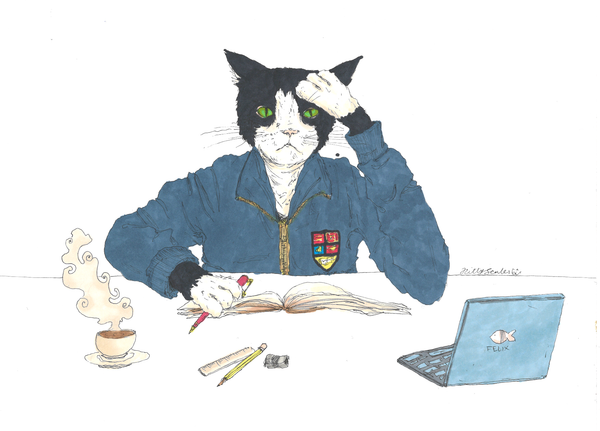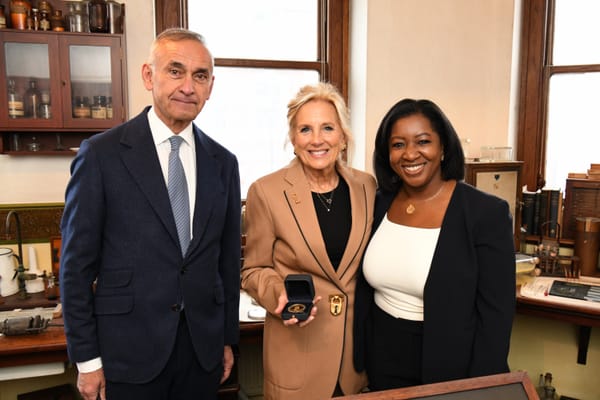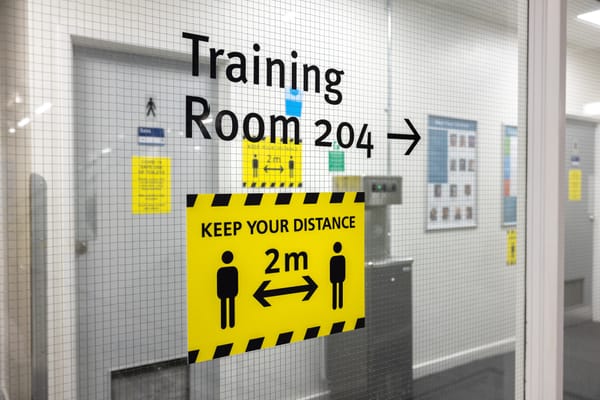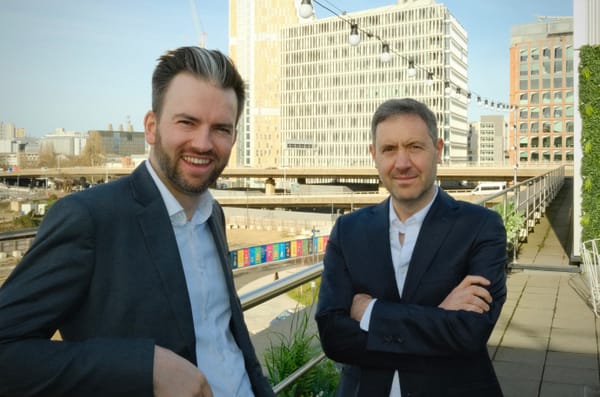Gender equality and beyond: Towards a better society
A Saudi PhD student gives their view on the challenges facing gender equality in higher education, and how Imperial can be an inspirational place to study.

Living in London has broadened my horizons; I have socialised with people I would perhaps never have met before. At Imperial, chemical engineering means much more than the production of chemicals and sustainability – it means working together as one equal and fair community.
This was exemplified in my first meeting with my supervisor, when a certificate in her office attracted my attention. It said at the top ‘Athena SWAN (1)’. I thought for some time it could be a reference to a Greek national prize, as she happens to be Greek. A few months later, during a meeting, she excused herself to answer a call, talking briefly about approaching secondary schools to attract more female students to apply for engineering and science degrees. At that stage, I was curious to know more but I didn’t want to sound nosey. After the meeting I explored more, and discovered the Women in Engineering initiative, promoting gender equality in academia and beyond.
I was excited to see just how an engineering school was putting an end to the male domination of science, whereas in many places, this domination is driven by traditions or “norms”. During my first year at Imperial, I was in a research office with two Saudi women, both honest in expressing their views. I asked how they ended up doing a PhD in chemical engineering here, as the harsh reality is that only one or two universities in Saudi Arabia teach engineering to women (and even then only industrial, eventually leading to a desk job). They told me that they were lucky to study abroad.
Before my PhD, I had a chance to spend a year in a Saudi public university, where men would work in a separate campus to their female colleagues. This segregation not only puts more constraints in our daily life but also increases the country’s expenditure. I remember seeing a new international student, accompanied by his sister, coming to view the department. She was the only woman on the entire campus, and it was surprising to see everyone peeking round their office doors to have a look. Understandably, the student was both confused and embarrassed at the suspicion with which his sister was being treated. Eventually, one of us asked him to leave his sister home and come back to the university alone. Sharing such happy moments with mothers, sisters, or other female relatives can be difficult because of these unjustifiable rules, which started in the late seventies.
This led me to think about how much money would be saved by sharing the facilities and labs with everyone, regardless of their gender, instead of always multiplying the cost by a factor of two. At that time in Saudi Arabia we would not question traditions; they were deemed superior to logical and economic thinking. This was only three years ago, but since then the country has been changing unexpectedly, making rapid strides.
Seeing my mom struggle to get a taxi during my dad’s absence is a childhood memory I will never forget. When I was a kid, I used to hear so many times the same wish from girls I used to play with – to be a male, so they can do what they want. These were my motives to start a human/women’s rights campaign during my time at University of Manchester. I remember signing a petition with Amnesty International members that was sent to both the UK and Saudi ambassadors to show our solidarity with Saudi women. There were only seven of us, but the session was very important and touching for me, as my own family had suffered from this ban. At Manchester, I also started a Facebook page called ‘We support Saudi women driving’, and paid Facebook to begin advertising it. At the end of the year, I invited the committee to my house where we talked about animal welfare and LGBT rights – I kept just listening and wondering when Saudi Arabia would embrace this attitude and move to support more vulnerable groups.
In the UK, I was taught and supervised by many inspiring female professors. These female role models are leaders in their respective fields. To name a few: Professor Jarka Glassey in Newcastle; Professor Elaine Martin in Leeds; and Dr Megan Jobson in Manchester. They all displayed personalities and commitment stronger than any men I worked with. I was lucky to have these experiences – to observe first-hand that the capabilities of women in science and leadership can be ahead of men.
At Imperial, colleagues are happy to share their experiences of discrimination and inequality. I was privileged to attend a lecture given by Professor Tom Welton, Dean of the Faculty of Natural Sciences, who talked about life as a gay man in the ‘70s and ‘80s, and how proud he is to be at Imperial. In fact, Tom helped the chemistry department achieve the Athena SWAN Gold medal, and is known for advocating gender equality and diversity in higher education.
Gender inequality is a global issue that we should talk about until people in power wake up and either change, or at least pave the way to change. We must sound the call to change. We must aim to eliminate prejudice against women, mindsets of racial superiority, and discrimination against people in the LGBT community. The Guardian recently revealed that the gender pay gap is still a problem in the UK, and more transparency is required. In Saudi Arabia, women got the right to vote in 2011 and to stand in election in 2015. The 35-year cinema ban has already been lifted and we’ll finally see women drivers in Saudi Arabia from June 23rd 2018. Let us all celebrate this moment and hope that many more civil rights follow to make a better home for all of us.
(1) _The Athena SWAN scheme is run by the Equality Challenge Unit, a charity that supports equality and diversity for staff and students in higher education across the UK. _




